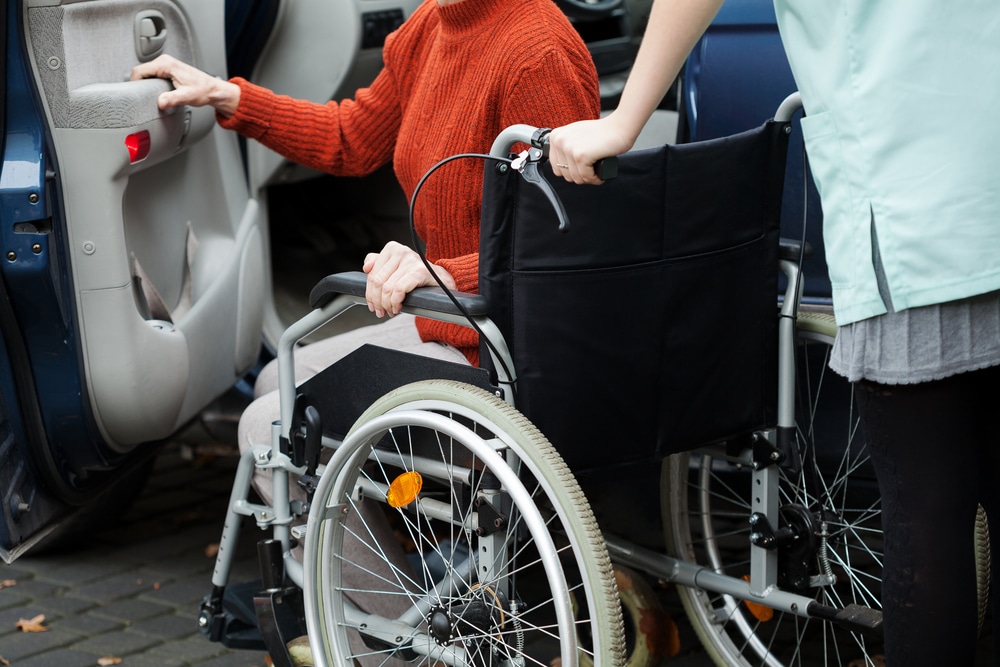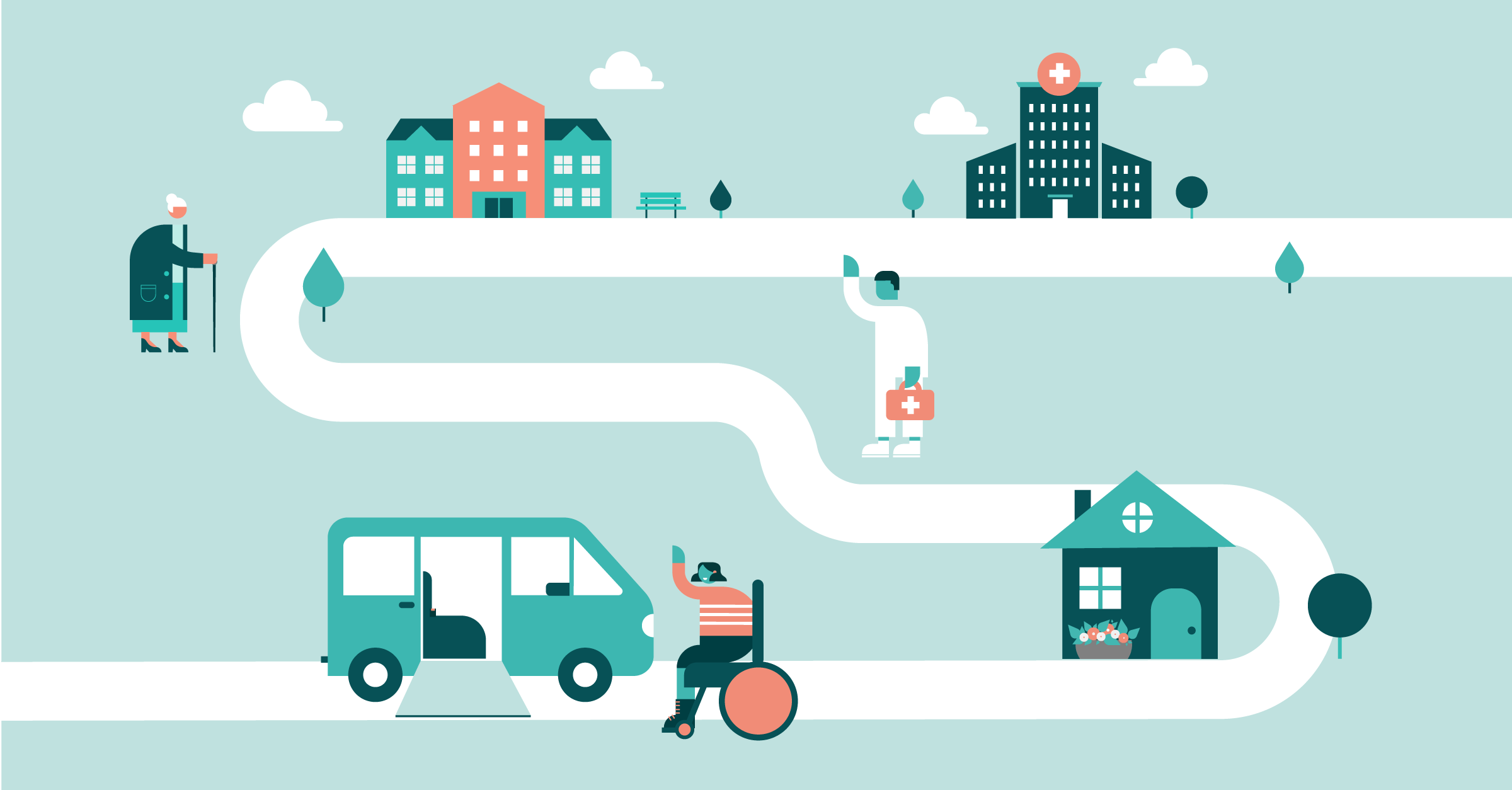Cost Effective and Accessible Medical Transportation Options for Every Scenario
In the world of medical care, the ability to access medical services is vital, yet the obstacle of budget-friendly and obtainable transport can often hinder individuals from getting required care. By checking out specific clinical transportation services, neighborhood transportation programs, ride-sharing and taxi services, non-emergency medical transport, as well as public transit and paratransit options, individuals can find avenues that cater to their specific requirements and guarantee they obtain the treatment they require.
Specialized Medical Transportation Solutions
Specialized medical transport solutions play a crucial duty in ensuring safe and reliable transport for people needing specialized care throughout transit. These solutions cater to clients with unique clinical demands, such as those requiring constant monitoring, customized tools, or medical interventions throughout transportation. By utilizing specially complete automobiles and qualified medical employees, specialized medical transport solutions make sure that clients obtain the needed care while being transported in between health care facilities, houses, or other areas.
One secret aspect of customized medical transportation services is the emphasis on individual comfort and safety and security. Medical transportation teams are educated to deal with numerous medical problems and emergencies that might develop during transit, providing a higher degree of care than typical transportation alternatives. Furthermore, these solutions typically supply door-to-door help, minimizing the anxiety and pain that clients might experience during transfers.
Neighborhood Transport Programs
Having actually resolved the crucial duty of customized medical transport solutions in guaranteeing secure and reliable transport for people with unique medical demands, the focus currently moves to taking a look at Area Transportation Programs - medical transportation. These programs play a crucial function in supplying inexpensive and obtainable transport services for the general populace, consisting of elders, people with handicaps, and low-income family members that might encounter difficulties in accessing conventional transport choices
Area Transport Programs include a variety of solutions such as fixed-route buses, paratransit services, volunteer chauffeur programs, and ridesharing efforts. These programs are typically funded by regional governments, non-profit companies, or exclusive business to make sure that individuals have reputable transportation options to get to clinical consultations, grocery store shops, social activities, and other essential locations.
Ride-Sharing and Taxi Solutions

Among the crucial advantages of ride-sharing and taxi services is their access. These solutions operate 24/7, permitting people to travel to clinical visits, pharmacies, or hospitals at any moment of the day. In addition, ride-sharing and taxi services satisfy people with mobility obstacles by using wheelchair-accessible cars upon demand.
Additionally, ride-sharing and taxi services can be especially advantageous for look at this web-site people residing in locations with restricted public transportation choices. By bridging the space between home and medical care facilities, these solutions play an essential duty in guaranteeing that every person has access to crucial medical solutions.
Non-Emergency Medical Transport

Non-Emergency Medical Transport providers normally employ qualified employees who are experienced in helping people with varying medical requirements (medical transportation). These specialists guarantee that individuals are securely carried to their locations in a timely fashion, resolving any kind of particular needs or clinical devices required during the trip. Recommended Reading By supplying door-to-door solution, Non-Emergency Medical Transport enhances the general availability of medical care for individuals who might or else battle to attend important clinical visits. Overall, these solutions contribute substantially to boosting healthcare end results by assisting in the smooth transportation of individuals to non-urgent clinical facilities.
Public Transportation and Paratransit Options
Public transportation and paratransit choices provide important transportation services for individuals with differing flexibility requirements, guaranteeing access to essential locations such as medical facilities and consultations. Public transit systems, including buses, trains, and metros, supply an economical and commonly available setting of transportation for people seeking to reach clinical appointments. These solutions are especially advantageous for those that may not have access to personal cars or call for help due to flexibility difficulties.
Paratransit solutions cater especially to individuals with disabilities who are incapable to utilize traditional public transport. These services use door-to-door transportation, fitting individuals with wheelchairs, pedestrians, or other movement aids. Paratransit automobiles are equipped with functions such as wheelchair ramps and securement systems to make sure the secure and comfortable transport of passengers with varying flexibility requirements.

Final Thought
